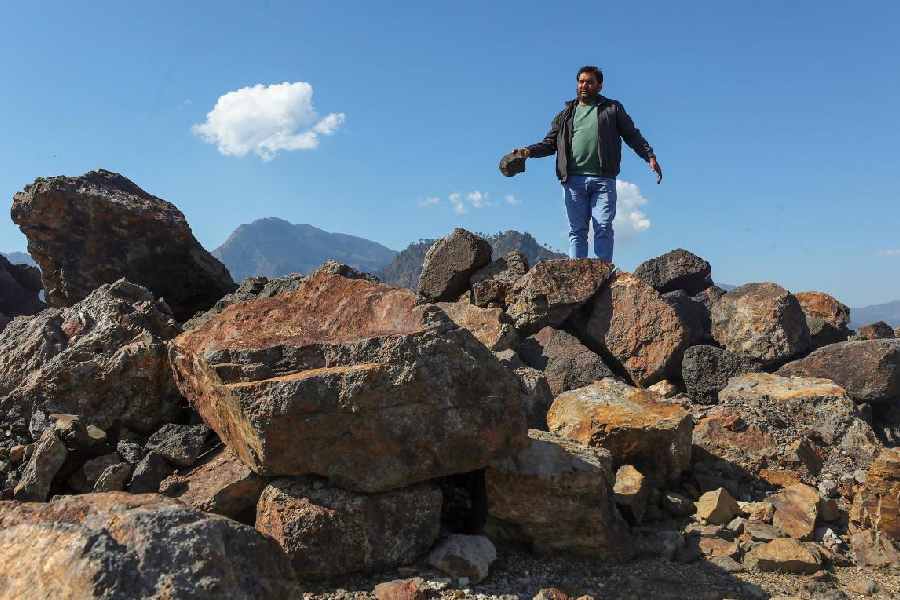The Union Cabinet on Wednesday approved a ₹1,500-crore incentive scheme to jump-start recycling of critical minerals and support clean energy technologies.
The programme targets at least 270 kilo tonnes of recycling capacity a year, yielding about 40 kilo tonnes of critical minerals per annum, spurring about ₹8,000 crore of investment and creating close to 70,000 jobs.
The scheme sits under the National Critical Mineral Mission to build domestic capacity and supply-chain resilience. The government has approved ₹16,300 crore for the Mission within a total outlay of ₹34,300 crore over seven yea₹to drive self-reliance in India’s green transition.
The focus list includes copper, lithium, nickel, cobalt and rare earth elements.
Incentives will run for six years from FY26 to FY31 and target the recycling value chain that actually extracts critical minerals rather than units that only produce black mass. Eligible feedstock includes e-waste, lithium-ion battery (LIB) scrap and other scrap such as catalytic converters from end-of-life vehicles.
Support covers new plants and the expansion, modernisation and diversification of existing facilities. One-third of the outlay is reserved for small and new recyclers, including start-ups.
According to the Mines Ministry, the support has two parts. There is a 20 per cent capital subsidy on plant, machinery, equipment and associated utilities for units that start production within a specified timeframe, with a reduced subsidy thereafter.
There is also an operating subsidy on incremental sales over the 2025-26 base year. Of the eligible operating subsidy, 40 per cent will be paid in the second year and 60 per cent in the fifth year during 2026-27 to 2030-31, subject to threshold incremental sales.
To widen participation, the combined capital and operating incentive per entity is capped at ₹50 crore for large entities and ₹25 crore for small ones.










